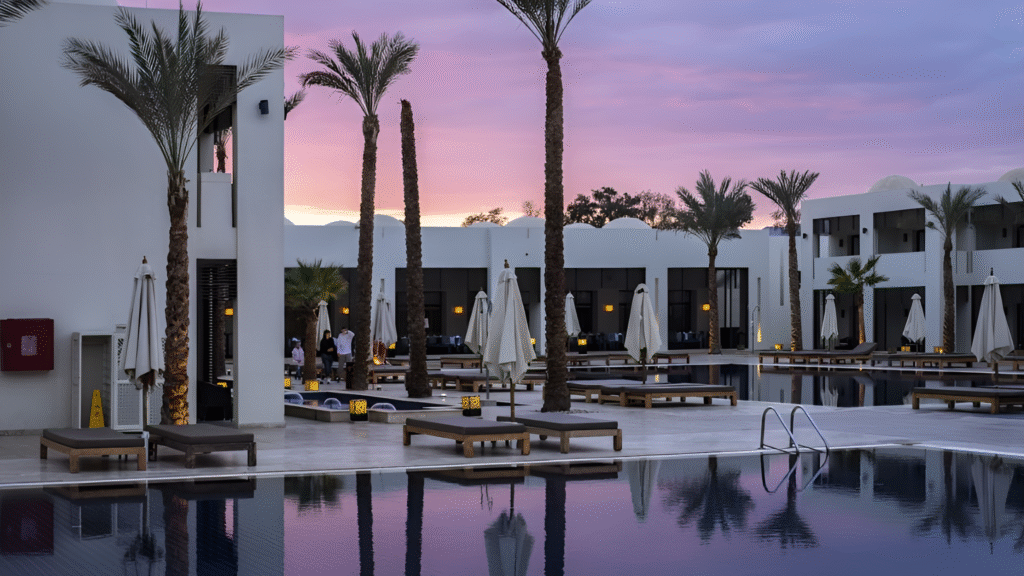The luxury hospitality sector seems to be experiencing an unprecedented boom, with EIH, which operates the Oberoi and Trident hotels, reporting its best-ever financial performance in FY25. Riding on a steady rise in demand for premium stays, the company’s income per available room surged 70% in the last two years, touching nearly Rs 21,000 a night.
Despite the record growth, Vikram Oberoi, CEO of EIH, said luxury hotel tariffs still have room to grow. “(Given) the quality of hotels in India, both with our hotels and others, we are significantly under-priced, particularly in Delhi, Mumbai and Bengaluru,” Oberoi said during a recent earnings call. Driving this surge in demand are a mix of evolving travel trends and high-profile events. From destination weddings and IPL games to corporate retreats and global summits like the G20 meet and fintech festival, luxury hotels are finding themselves booked months in advance. Even family holidays and quick weekend getaways are contributing to the squeeze in availability.
“There are significant changes that are taking place in the Indian economy where wealth and affluence is increasing and a desire for quality accommodation that provides exceptional services to guests is rising,” Oberoi noted. Still, luxury inventory remains under-equipped. Of the 199,000 branded hotel keys in the country, only 17% fall in the luxury bracket. In comparison, China boasts seven times more luxury rooms, and even Thailand has 1.5 times as many. The supply pipeline has remained slow, with fewer than 100 luxury hotels opening in the country over the past decade, according to data from HVS.
Mandeep S Lamba, president and CEO (South Asia) at HVS Anarock, highlighted a change in traveller priorities as a catalyst for this growth. “The post-pandemic mindset shift, where travellers increasingly prioritise quality, exclusivity, wellness, and meaningful experiences, has accelerated demand in this space. The big fat Indian wedding has also become a major contributor,” he said.
Hotel chains are responding. Marriott International, which has the largest footprint among hotel companies in the country, has over 20 new luxury properties under development. These include JW Marriott resorts in Shimla, Pahalgam, and Ranthambore, as well as The Ritz-Carlton Udaipur and The Mumbai Edition.
However, construction timelines of three-to-five years mean new supply will be slow to arrive. Meanwhile, demand continues to race ahead. A recent IDBI Capital report forecasts that luxury hotel room demand will register at a compound annual growth rate of 10.6% through FY28, while supply is expected to expand at just 5.9%. For international visitors, India’s luxury room rates, averaging around $200 a night, are still well below the $400-500 range seen in mature global markets. “While inbound travel is yet to return to full strength, this segment remains highly active and is expected to bounce back in full force, further boosting rate potential,” Lamba added.




